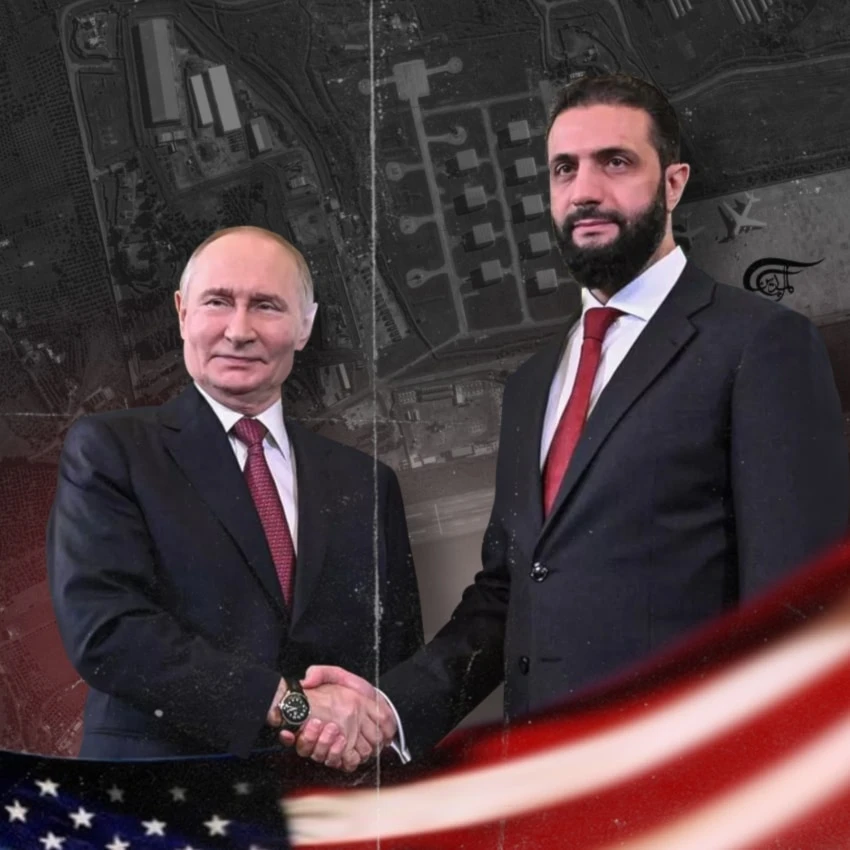Saudi Arabia Cannot Overlook Yemen In Order To Please The US
On September 21, the Yemeni armed forces under the control of the Sanaa government, held a massive military parade in Al-Sabeen Square.
-

Photos from the Sanaa military parade on Septemeber 21, 2023 (illustrated by: Arwa Makki, Al Mayadeen English)
Earlier this month, the Kingdom of Saudi Arabia welcomed positive results following a 5-day-long round of negotiations between the Ansarallah government based in Sanaa and officials from Riyadh. However, tensions are again escalating as the 8-year-long war continues in the absence of a long-term solution. As the Saudis focus on the US-sponsored negotiations for a normalization deal with the Israelis, the real foreign policy focus should be ending the war in Yemen.
According to the Sanaa government's spokesman for the Ministry of Health, 2328 Yemeni civilians have been killed or injured as a result of the Saudi-led coalition forces’ bombarding border areas in Saada, since the beginning of the Saudi-Ansarallah truce in April of 2022. As is usually the case, when it comes to Yemen, the near-daily war crimes committed against the nation's civilian population go almost completely undocumented in the Western corporate media. Yet, when three Bahraini soldiers are killed along the Saudi border area, in what Manama claims was an attack from Ansarallah, the news hits the international press immediately; as it happened earlier this week.
On September 21, the Yemeni armed forces under the control of the Sanaa government, held a massive military parade in Al-Sabeen Square. During the parade, there was a flyover from Yemeni manned fighter-jets, as Ansarallah displayed brand new naval boat models, in addition to a sample of their drone and missile arsenal. New weapons were unveiled, such as naval missiles Rubij, Faleh, Mandab 1, Mandab 2, Asef, Sayyad, and Sejjil, and a brand new Quds Z-0 long-range cruise missile. What the Yemeni armed forces have demonstrated over the past years is that their capabilities have grown substantially and that any renewed round of conflict will result in even more deadly blows to their Saudi-led opposition.
For Saudi Arabia and the United Arab Emirates (UAE), they were stunned by the accuracy of Ansarallah’s missile and drone arsenal, which led to a short-term ceasefire that has been gradually renewed over time. In January of 2022, Ansarallah launched a series of strikes against targets in the UAE, spanning between Dubai and Abu Dhabi, causing a major controversy and security concerns. To reinforce the message, upon the arrival of Israeli President Issac Herzog to Dubai, another attack was launched. This indicated the seriousness of the threat posed to the Saudis and Emiratis if they were to continue their aggressive policies towards Yemen.
With each successful drone and missile attack on Saudi and Emirati territory, came the further realization that US missile defense systems cannot alone secure the safety of their nation's vital infrastructure and that in the event that they continue their aggression, they will receive significant retaliatory strikes in return. Ultimately, this also carried over to affirm the strength of the much more powerful Iran, which the Saudis were set on a mission to oppose regionally at the time. In the event that the US were to encourage an open conflict against Tehran, it became clear that this would come with devastating consequences.
Now, as tensions simmer with Yemen, the Saudi leadership appears to be making big strides towards entertaining the idea of normalizing ties with "Tel Aviv". Despite postulating to suggest that normalization must include something for the Palestinian people, Saudi Arabia has already dropped the idea of securing a so-called “Two-State” solution in exchange for normalization; essentially dropping the Arab Peace Initiative which they first engineered and was adopted in 2002, then re-adopted in 2007 and 2017 at the Arab League.
While Saudi Arabia still has an active war of its own doing, on its Southern border, it makes little to no sense for it to go ahead with an inflammatory deal that only further abandons the idea of regional peace. There have also been reports that Riyadh has requested from Washington, a defense alliance in return for normalization with the Zionist regime, which would essentially mimic the NATO alliance's Article 5 - a war on one is a war on all. The reason behind such a defense pact, would be to drag the US into any potential conflict that erupts between Saudi Arabia and another country, in the event that the normalization deal ends up triggering war. Yet, what is most dangerous about this US concession, if it is on the table, is that Washington will essentially be signing itself up for a war with Yemen immediately. If this occurs, or if Saudi Arabia is granted concessions that may endanger Iranian security, then the normalization deal would immediately ruin the recent Riyadh-Tehran rapprochement that was brokered by China.
US President, Joe Biden, stated in his first foreign policy address that he would achieve an end to the war in Yemen, but has failed dramatically to that end. The Saudi-Yemen ceasefire came under the auspices of the United Nations, not through US mediation, and now the talk of achieving a lasting peace in Washington has faded into the background. Not only is it a security blunder for the Saudi Crown Prince, Mohammed Bin Salman, to officially normalize ties with "Israel" prior to solving the war in Yemen, but it will immediately inflame tensions throughout the entirety of the region and perhaps inside Saudi Arabia itself.
When we talk about a flareup in the war in Yemen, we talk about major attacks on Saudi infrastructure that no amount of US Patriot anti-air batteries will be capable of repelling. We also may see a flareup in the conflict between the Palestinian resistance and the Israeli occupation forces, pitting Riyadh on the side of "Tel Aviv", while the Yemeni resistance could at any time open fire at the Zionist Entity, which would prove a public relations debacle for the nations that rules over the two Holiest sites in the Islamic faith. Despite the lack of care in the Western world about the fate of the Yemeni people, Saudi Arabia has to understand that it is not located in Europe and will face enduring crises if it does not conclude this war. The priority for Riyadh has to be Yemen, not scoring Joe Biden a fancy photo-shoot to use at the 2024 Presidential elections; elections which the Saudis would benefit more from seeing a Republican win.

 Robert Inlakesh
Robert Inlakesh
 6 Min Read
6 Min Read











